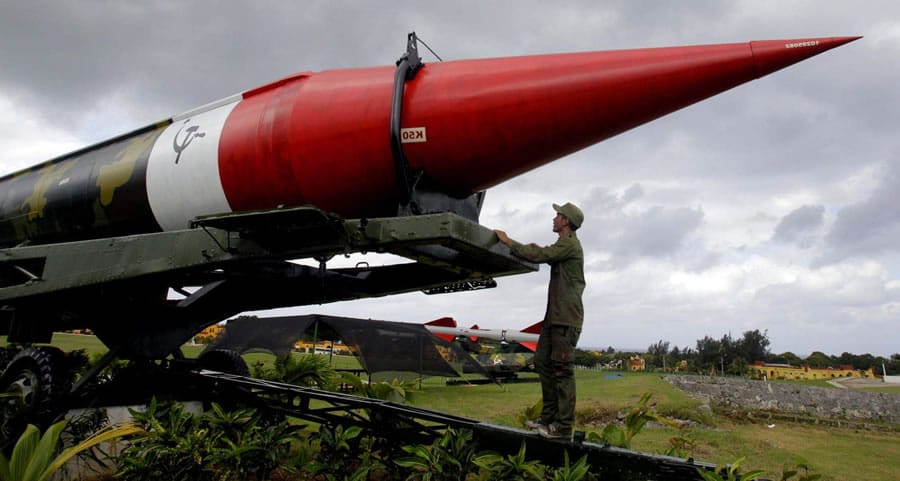
The Cuban Missile Crisis essay
In the essence, within several October 1962 days, the world was on the brink of a third world war involving nuclear weapons. The question asked most frequently in this regards is which party bears the greatest responsibility for the aggravation of conflict. In my opinion, both sides are guilty equally.
Above all, the accommodation of Soviet ballistic missiles in Cuba was a response to the deployment of the U.S. nuclear assets in Turkey and Italy, as well as to the threat of the U.S. invasion in Cuba. Here, irresponsibility was demonstrated by the leaders of the both countries, who were not factually reflecting on the true interests and security of their peoples. The unsuccessful landing of the U.S. military troops in the Bay of Pigs implied by the CIA, and sending of Soviet nuclear missiles to Cuba are equally foolhardy acts. There was no need to bring the situation to crisis: instead, the parties could have started negotiation for peace immediately.
Still, 1962 events were a great historic school for the leaders in both the U.S. and the USSR, as they have learned to look for and then find a compromise in the most acute and non-trivial situations. Besides, October crisis was obviously a turning point in the Cold War and the arms race in general. Earlier, Eisenhower and Khrushchev seemed to be in a state of euphoria on the ability to possess nuclear weapons, and this apparently would not stop unless the Cuban Missile Crisis vividly showed to both sides that it is impossible to achieve unilateral advantage. As a result of crisis, the rivals gradually shifted to a policy of deterrence and nuclear parity, which may be considered a positive effect of negative solutions.

